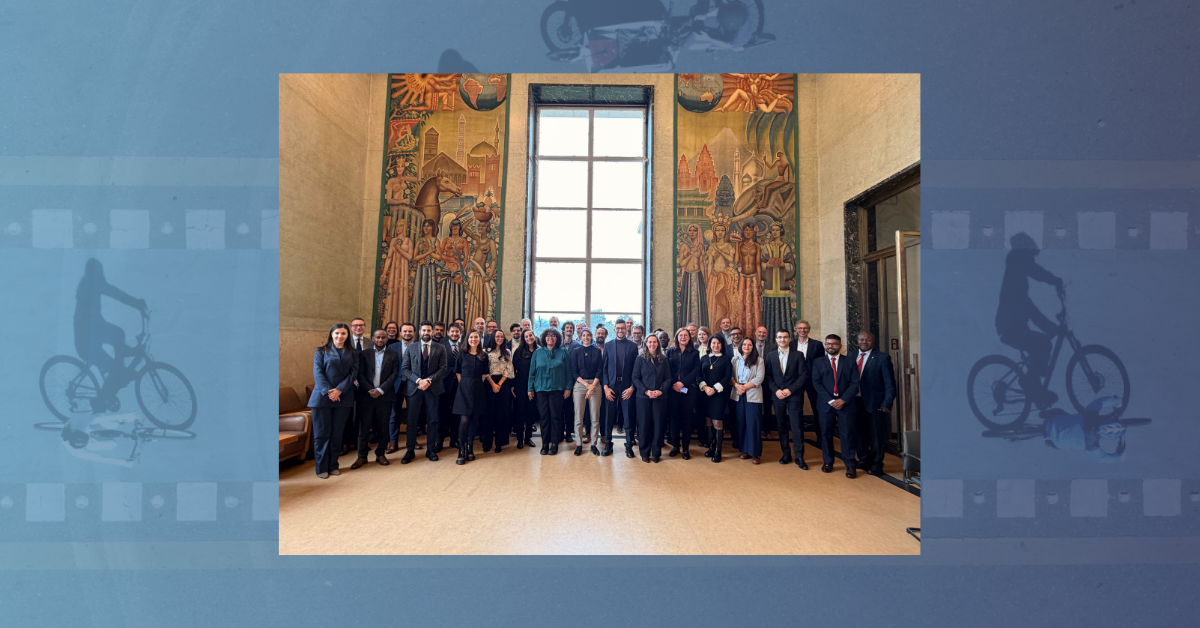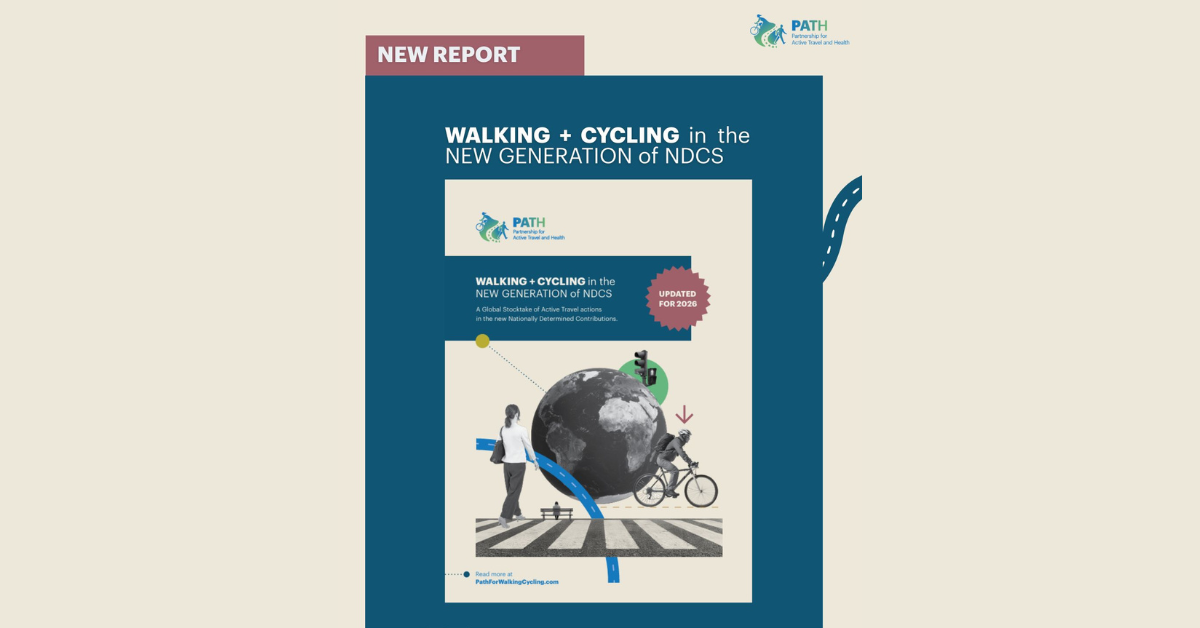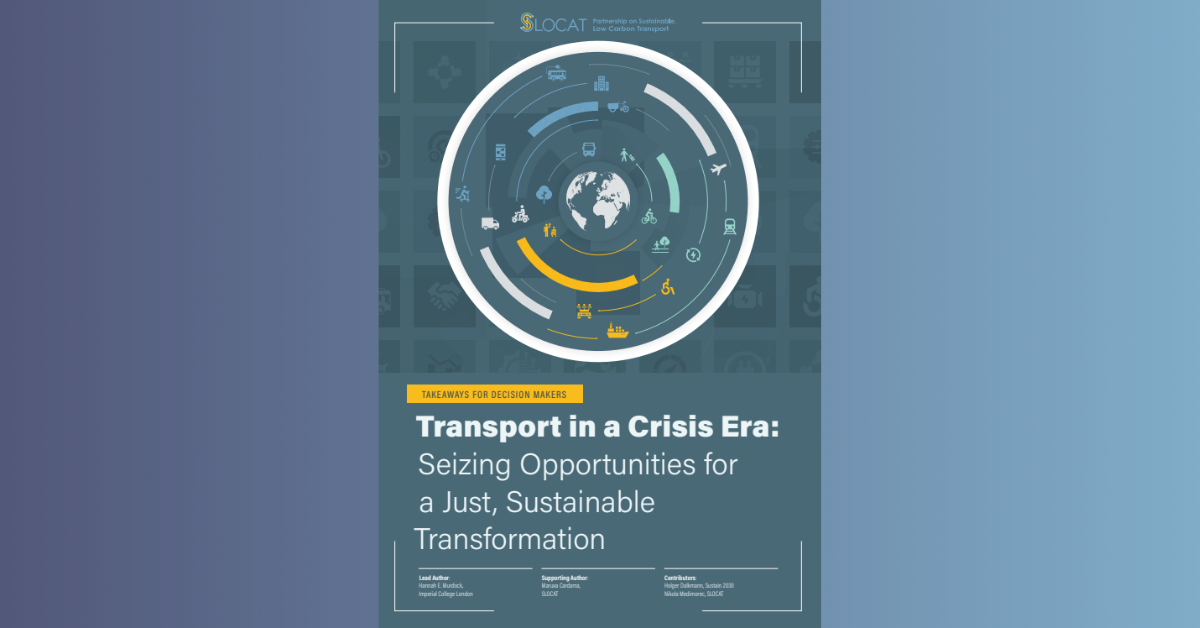by SLOCAT | Jun 6, 2013 | News
The UNFCCC Secretariat has released a series of documents that will be discussed by the Subsidiary Body on Scientific and technical Advice (SBSTA) at its 38th session, taking place in Bonn, Germany. The documents relate to methodological issues related to the Kyoto...
by SLOCAT | Jan 30, 2013 | News
The European Environment Agency (EEA) released its “Annual Management Plan 2013” outlining the EEA work programme which will address a broad range of issues including: air quality and noise; air pollutant emissions; climate change mitigation; climate change...
by SLOCAT | Jan 24, 2013 | News
The International Energy Agency (IEA) has published a report detailing how the Nordic region can become carbon-neutral by 2050. The report, titled “Nordic Energy Technology Perspectives: Pathways to a Carbon Neutral Energy Future,” is IEA’s first regional edition of...
by SLOCAT | Jan 16, 2013 | News
The ADB project is supporting the expansion of “green” bus services in the People’s Republic of China, an initiative that will benefit low-income commuters, improve air quality and reduce GHG emissions. The initiative is in line with the $175 billion...
by SLOCAT | Jan 7, 2013 | News
The “World EV Cities and Ecosystems” web portal provides information on electric vehicle (EV) policies and best practices from 16 cities worldwide, and aims to increase cooperation and information exchange between policy makers and practitioners.
 Insights & Data
Insights & Data
 Actions & Change Makers
Actions & Change Makers
 Advocacy & Engagement
Advocacy & Engagement
 Impact Stories
Impact Stories
 Our Strategic Plan
Our Strategic Plan
 Our Vision
Our Vision








